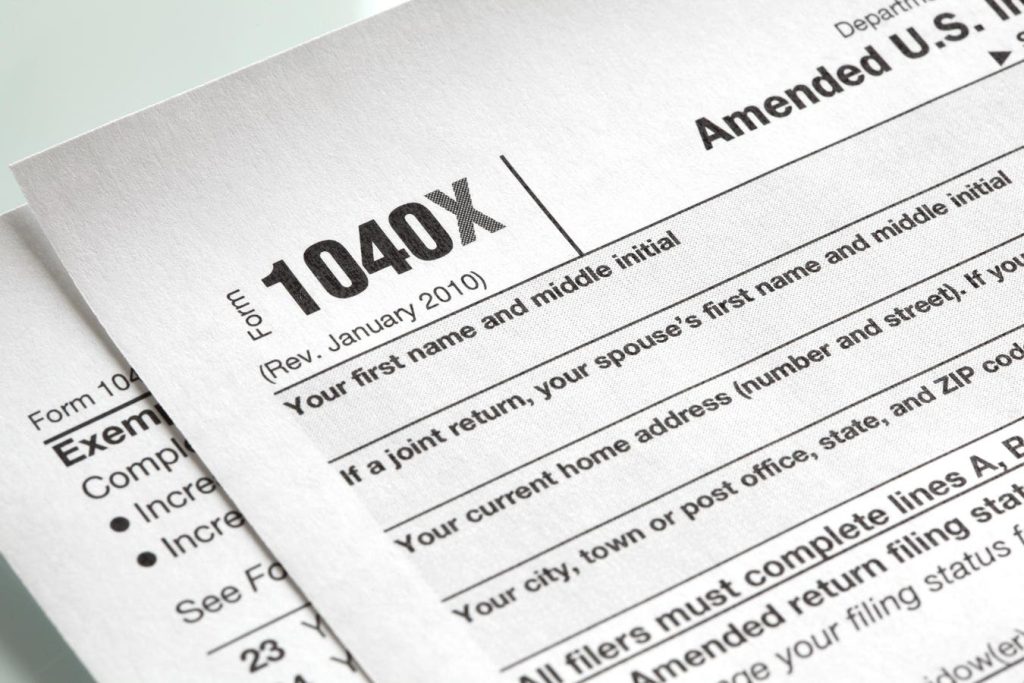The Internal Revenue Service (IRS) can impose accuracy-related penalties on taxpayers who file incorrect tax returns, with penalties representing 20% of the underpayment of tax due to improper reporting. While taxpayers can mitigate these penalties by filing an amended return, a recent case, Lamprecht v. Commissioner, highlights that not all amended returns qualify for penalty protection under the “qualified amended return” procedures. The case involved Swiss citizens who failed to report income from Swiss bank accounts and later filed amended returns after the IRS served a John Doe summons on the bank.
Under section 6662 of the Code, the IRS can impose accuracy-related penalties for errors related to negligence, disregard of rules or regulations, and substantial understatements of tax. The negligence penalty applies when a taxpayer fails to make a reasonable attempt to comply with tax laws, while the disregard penalty applies when a taxpayer acts carelessly, recklessly, or intentionally in not complying with the laws. The substantial understatement penalty is triggered when the understatement exceeds a certain percentage of the required tax.
To avoid accuracy-related penalties, taxpayers can file a qualified amended return that corrects errors in the original return. An amended return is considered qualified if the original return was not fraudulent, and it is filed before certain events occur, such as the initiation of a civil or criminal investigation by the IRS or the announcement of a settlement initiative regarding a listed transaction in which the taxpayer participated. In the Lamprecht case, the taxpayers’ amended returns did not qualify for penalty protection because they were filed after the IRS served a John Doe summons on the bank.
The Lamprecht case involved taxpayers who underreported income from foreign accounts, later filed amended returns, and paid back taxes owed. However, the IRS issued a Notice of Deficiency contending that the taxpayers owed accuracy-related penalties. The Tax Court ruled in favor of the IRS, stating that the amended returns did not qualify for penalty protection. The taxpayers appealed to the D.C. Circuit, which upheld the Tax Court’s decision, stating that the amended returns were not qualified because they were filed after the IRS served a John Doe summons related to similar underreported income transactions.
The D.C. Circuit’s decision in Lamprecht serves as a reminder to taxpayers that not all amended returns will protect against accuracy-related penalties. Taxpayers must ensure that amended returns meet the requirements of a qualified amended return, including being filed in a timely manner and before certain triggering events occur. Failing to meet these criteria can leave taxpayers liable for accuracy-related penalties, even if they attempt to correct errors in their original tax returns. It is essential for taxpayers to understand the rules governing amended returns and penalties to avoid potential repercussions from the IRS.


